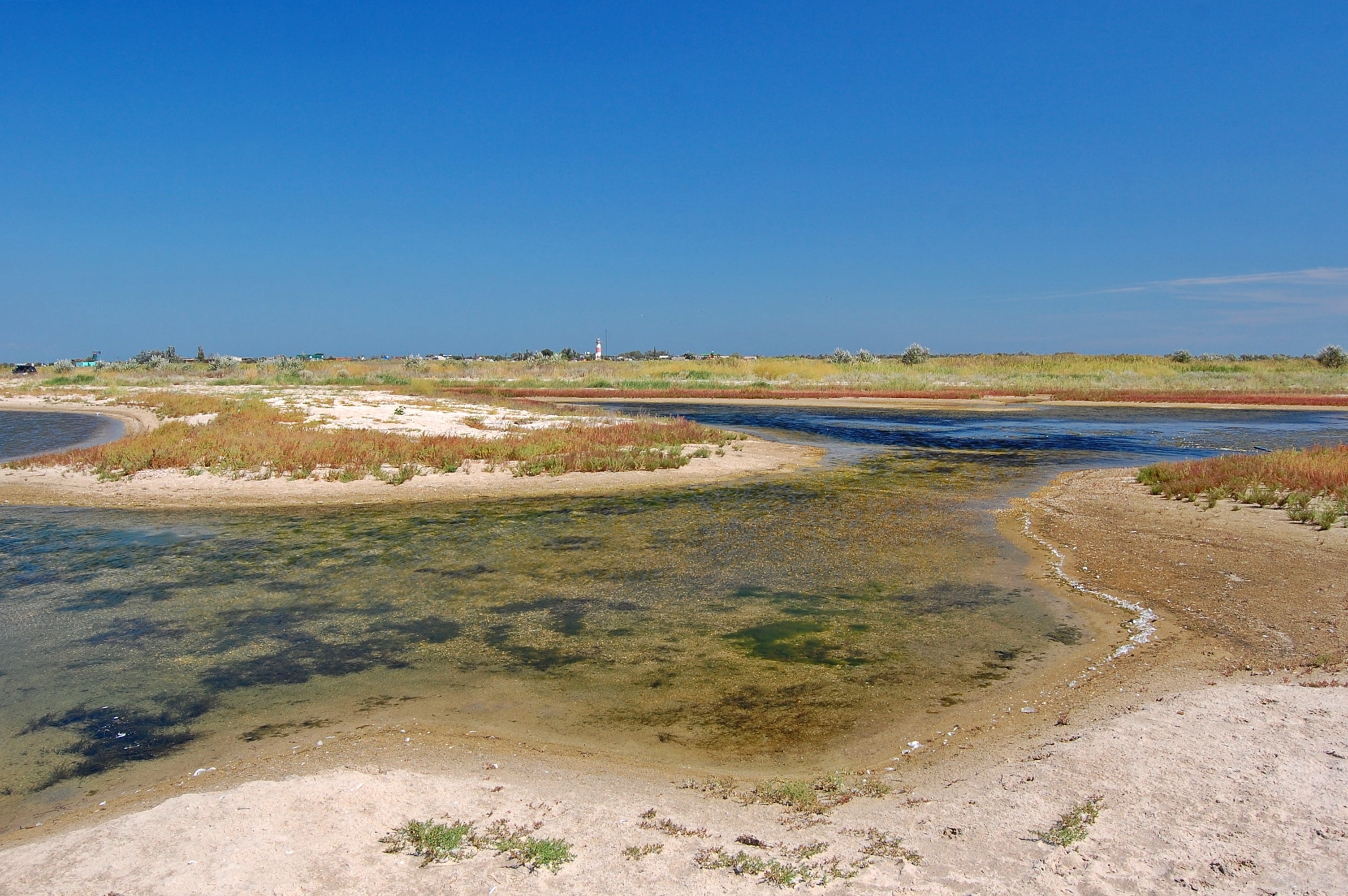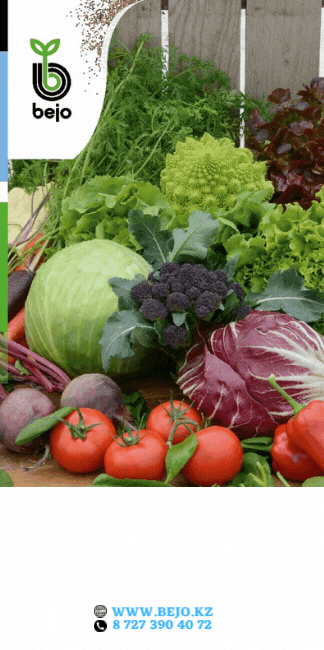
Livestock breeders in Kaztalovsky and Zhangalinsky districts of West Kazakhstan region have been fighting to save livestock from dying out for a month in conditions of emergency. There is not enough grass on the pastures and water bodies are drying up. The regional leadership is aware of the problems and is trying to solve the issue at the national level. World of NAN contacted the akim of Zhangala district to find out about the situation.
The district akim, Nauryzbai Karagoyshin, confirmed that the situation is really difficult. The shoaling of the river Zhaiyk (Ural), which has continued in recent years, has aggravated this year's deficit of precipitation, and flooding.
"Our district is supplied with water by the Bolshoy and Malyi Uzen rivers. We receive water from the Russian Federation for payment, and the Kuchum River provides water from the transboundary Zhaiyk. While 50% of water for district needs, including livestock and household needs, is used from the above-mentioned rivers, the remaining 50% is provided by underground sources. For several years now, we have been seeing the shoaling of the Zhaiyk River. If before the water level could rise naturally up to 6 meters, now its level has declined by half and barely reaches 2-3 meters," the head of the district said.
The low water level, according to him, has led to desertification of liman hayfields and pastures in the district. Limans have not been filled with water for the last three years. Before that, the situation was not so acute due to a small natural flood, but this year, the deficit of precipitation and flooding has put the livestock sector of the district under attack.
"There are 48,000 hectares of estuaries in the district. Every year we used to stockpile 50-60% of the fodder in the estuaries. But for the third year the water doesn't flow through the canals, and this year there is no possibility to stockpile fodder for livestock," N.Karagoyshin explains.
However, as the regional akim assured, the region's leadership is looking for a way to solve the situation. As such, on July 22, the state of emergency was declared to prevent livestock deaths, and to connect to the problem of government agencies.
"Back in Soviet times, when water levels were low, if the need arose, water was pumped from the river Zhaiyk to Kuchum. This helped regulate the water supply. But with the collapse of the Soviet Union, the pump was abandoned. Now, after the declaration of a state of emergency, the question of resuming water pumping operations is raised. The corresponding request has been prepared, the regional authorities intend to submit the issue for discussion and include the financial costs in the republican budget till the end of this year. Already today in the regional center a meeting with participation of Vice Minister of Environment and Water Resources and Kazvodkhoz management will be held. We hope that the issue will be resolved in the near future", - added the district Akim.
According to N. Karagoyshin, this year certain measures were taken to prevent a critical situation. If annually 1,9 billion tenge was allocated for water supply from the Russian Federation, this year this volume was increased to 4 billion tenge. Thus, now 125 mln. m3 of water is supplied from the Russian Federation instead of the former 60-80 mln. m3.
And while the responsible persons are sitting, the local farmers are forced to import fodder from neighboring areas and ask the authorities to solve the issue of cheaper fodder transportation.
The akim of the district did not try to silence this problem either. He confirms that farmers have to transport fodder from neighboring settlements. But whether the state will help with subsidies for transportation, he does not know.
The district is engaged exclusively in cattle breeding. The total number of cattle is 81 thousand, 186 thousand small cattle and 32 thousand horses. To meet the needs of the animals need to procure 250 thousand tons of fodder. Meanwhile, the district in the current situation can provide itself only by 50-60%.
"Today there is no mass mortality of livestock. But if the problem is not solved promptly, we can face it too. Therefore, all problems are reported to the authorized agencies. Even the very fact of declaring a state of emergency indicates that government agencies intend to prevent severe consequences," summarized N. Karagoyshin.
Смотрите больше интересных агроновостей Казахстана на нашем канале telegram,
узнавайте о важных событиях в facebook и подписывайтесь на youtube канал и instagram.









































Обсуждение